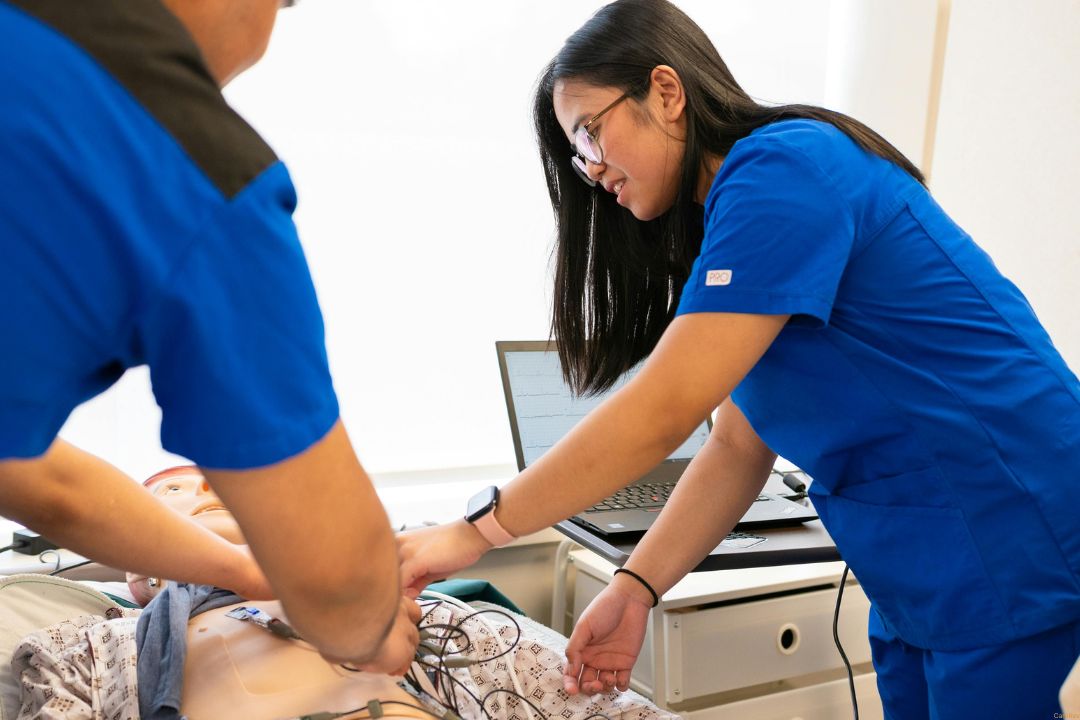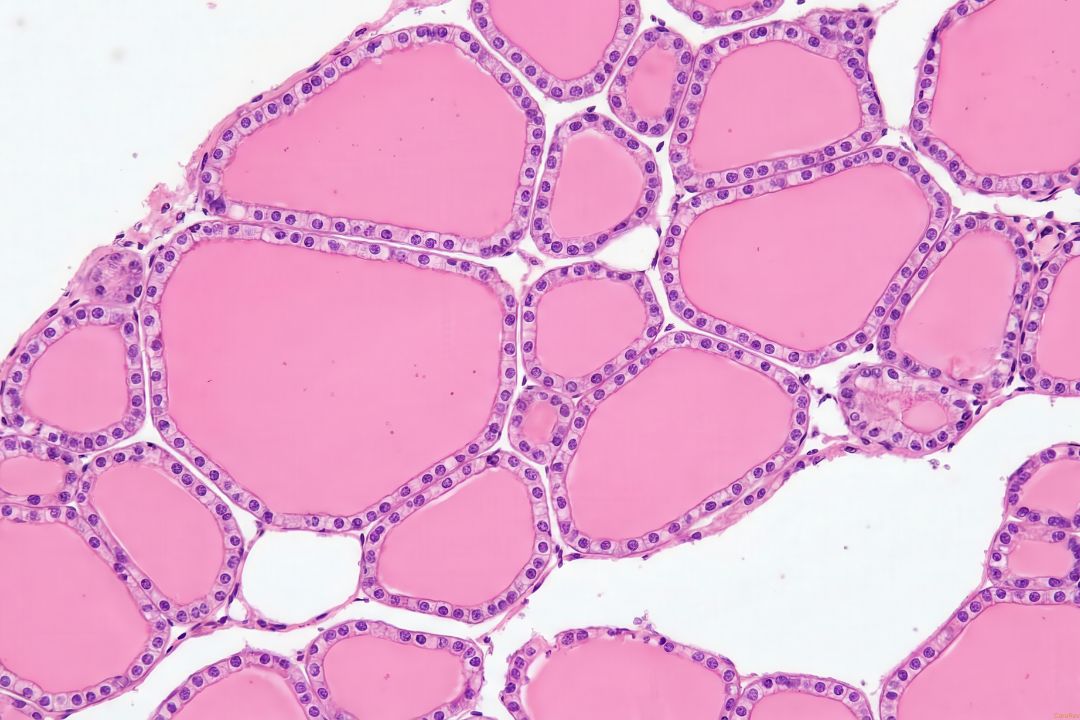
The landscape of advanced practice roles can sometimes seem complex, with various acronyms and titles denoting different specialties and responsibilities. Two commonly confused roles are Advanced Practice Registered Nurse (APRN) and Nurse Practitioner (NP). While they share similarities, there are distinct differences between these two crucial roles within the nursing profession.
In this blog, we'll untangle the difference between APRNs and NPs, shedding light on their unique functions, scopes of practice, and educational pathways.
Defining APRN and NP
What is an Advanced Practice Registered Nurse (APRN)?
APRN is a broad umbrella term that encompasses several advanced nursing roles, including Nurse Practitioners (NPs), Clinical Nurse Specialists (CNSs), Certified Nurse Midwives (CNMs), and Certified Registered Nurse Anesthetists (CRNAs). APRNs are registered nurses who have completed graduate-level education and advanced clinical training, enabling them to provide a wide range of specialized healthcare services.
What is a Nurse Practitioner (NP)?
NPs are a specific type of APRN who are trained to assess, diagnose, and manage patients' healthcare needs, including ordering diagnostic tests, prescribing medications, and developing treatment plans. NPs often work in primary care settings but can also specialize in areas such as pediatrics, family health, gerontology, psychiatry, and women's health.
Educational pathways of APRNs vs NPs
APRN education
To become an APRN, individuals must first earn a Bachelor of Science in Nursing (BSN) degree and obtain licensure as a registered nurse (RN). They then pursue graduate-level education, typically earning a Master of Science in Nursing (MSN) or Doctor of Nursing Practice (DNP) degree with a specialization in their chosen APRN role (NP, CNS, CNM, or CRNA). APRN programs include advanced coursework, clinical rotations, and specialty-specific training to prepare nurses for their respective roles.
NP education
Nurse Practitioners follow a specific educational pathway within the APRN framework. After completing their BSN and RN licensure, aspiring NPs enroll in a graduate-level NP program, which may result in either a Master of Science in Nursing (MSN) or a Doctor of Nursing Practice (DNP) degree. NP programs focus on advanced clinical skills, pharmacology, health assessment, and specialized coursework in their chosen patient population or specialty area.
Scope of practice: APRNs vs NPs
APRN scope of practice
The scope of practice for APRNs varies depending on their role and specialty. Generally, APRNs are authorized to perform advanced nursing interventions, prescribe medications, order diagnostic tests, and provide comprehensive care within their area of expertise. They collaborate with other healthcare professionals to deliver holistic, patient-centered care and may practice autonomously or under physician supervision, depending on state regulations.
NP scope of practice
Nurse Practitioners have a broad scope of practice that encompasses health promotion, disease prevention, assessment, diagnosis, treatment, and follow-up care. They are trained to provide primary and specialty care to patients across the lifespan, addressing both acute and chronic health conditions. NPs work in various settings, including primary care clinics, hospitals, specialty practices, community health centers, and schools, often serving as primary care providers for patients of all ages.
Which advanced nursing role is right for you?
While Advanced Practice Registered Nurses (APRNs) and Nurse Practitioners (NPs) are both integral members of the healthcare team, it's essential to understand the distinctions between these roles to appreciate their unique contributions to patient care.
APRN is a broader category encompassing several specialized roles, including NP, CNS, CNM, and CRNA, each with its own scope of practice and educational requirements. Nurse Practitioners, specifically, play a vital role in delivering high-quality, patient-centered care, serving as primary care providers and experts in their chosen specialty areas.
By clarifying the differences between APRN and NP roles, we can better appreciate the diversity and depth of expertise within the nursing profession and ensure that patients receive the most comprehensive and effective care possible.
Want to learn about other in-demand healthcare professions? Explore more professions with shifts offered through the CareRev App.





